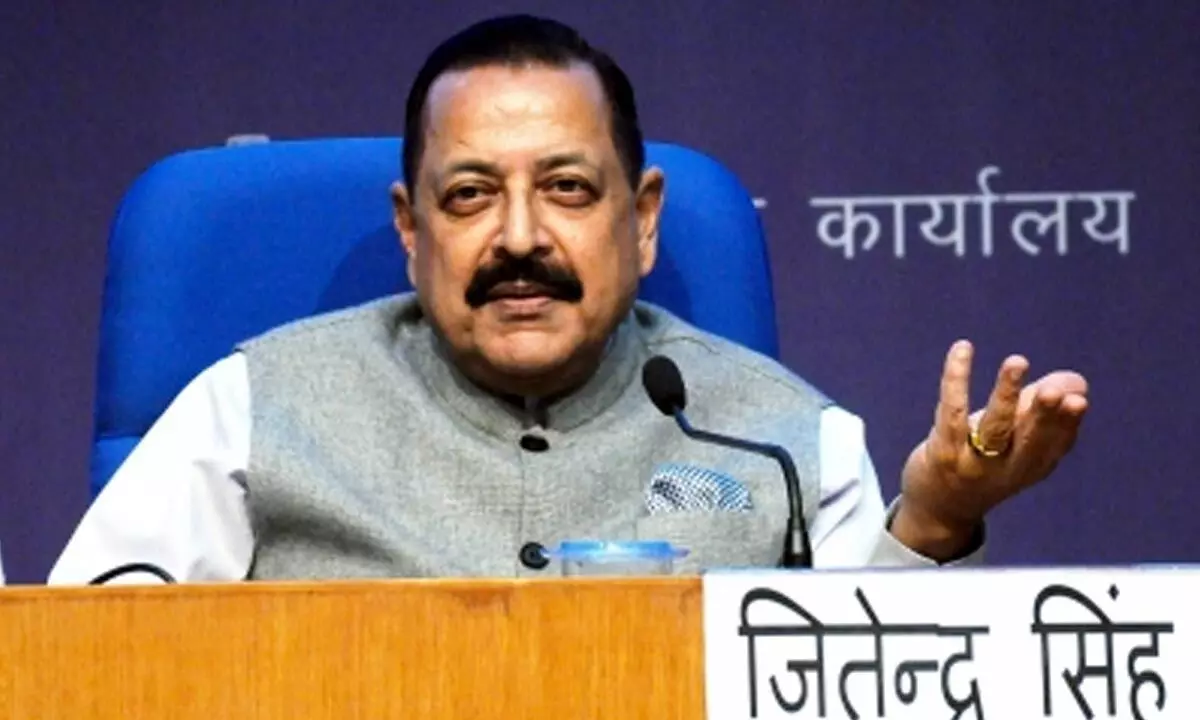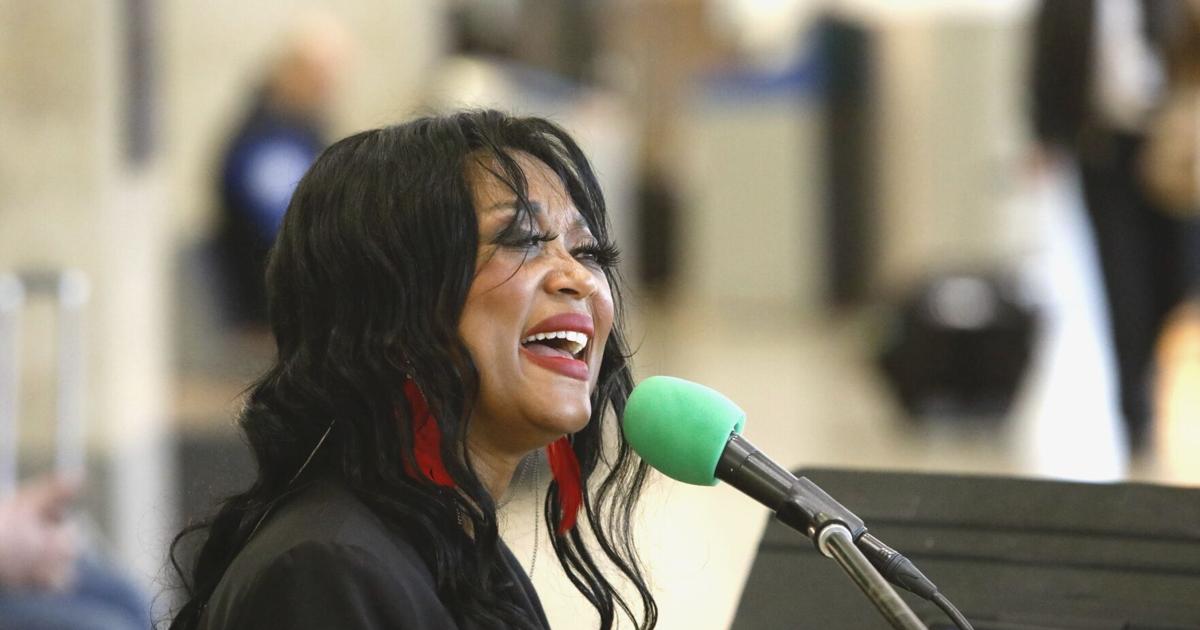wow888 app
 wow888 app
Downing throws for 2 TDs, runs for another, Elon tops North Carolina A&T 31-21Throughout the past two weeks, fans of the prestigious club have been anxiously awaiting news of their beloved player’s progress. Reports from the medical team have been positive, with reassurances that he is recovering well and is eager to make his return in the upcoming crucial match. The accused individuals, who were once lauded for their academic achievements and promising futures, now face the harsh reality of a 10-year prison sentence. Their actions have not only tarnished their own reputations but have also damaged the trust and reputation of the institutions they attended.
wow888 app
Downing throws for 2 TDs, runs for another, Elon tops North Carolina A&T 31-21Throughout the past two weeks, fans of the prestigious club have been anxiously awaiting news of their beloved player’s progress. Reports from the medical team have been positive, with reassurances that he is recovering well and is eager to make his return in the upcoming crucial match. The accused individuals, who were once lauded for their academic achievements and promising futures, now face the harsh reality of a 10-year prison sentence. Their actions have not only tarnished their own reputations but have also damaged the trust and reputation of the institutions they attended.
Inside the cabin, the Xiaomi SUV YU7 offers a luxurious and tech-savvy environment that redefines the concept of automotive interiors. Premium materials, ergonomic seating, and ample legroom create a comfortable and inviting space for both driver and passengers. The state-of-the-art infotainment system, featuring a large touchscreen display and seamless connectivity options, keeps everyone entertained and informed on the go.
President Joe Biden ’s administration is set to initiate a trade investigation into Chinese semiconductors in the coming days, as part of a push to reduce reliance on a technology that US officials believe pose national security risks. The probe could result in tariffs or other measures to restrict imports on older-model semiconductors and the products containing them, including medical devices, cars, smartphones and weaponry, according to people familiar with the matter. The investigation examining so-called foundational chips could take months to conclude, meaning that any reaction to the findings will be left to the discretion of President-elect Donald Trump ’s incoming team. Biden officials have for months debated whether to initiate the investigation under Section 301, which allows the US to impose restrictions on countries with unfair trade practices, the people said. This week, White House officials agreed to move forward with the inquiry that could help protect the US chip industry. Approving the probe now means that the new Trump administration will likely have the option to impose trade restrictions to protect domestic semiconductor production in the early months of the president-elect’s term. Bolstering the US semiconductor industry has been a key focus for Biden, who has taken aggressive steps to limit advanced US technology from being exported to China. Biden signed into law legislation that provided billions of dollars of incentives for chipmakers to build semiconductor factories in the US to stave off a need for cheaper Chinese-made chips. Spokespeople for the National Security Council and the US Trade Representative declined to comment. Global Competition The White House has used the past two years to implement export restrictions on advanced semiconductors made with American and allied technology. But in the meantime, China has been able to manufacture the older, widely available types of semiconductors at a lower cost than their competitors. Biden officials worry that without restrictions, Beijing will flood the US and global markets with inexpensive chips that will undercut other companies and run them out of business. In May, the White House announced it will increase tariffs on Chinese legacy semiconductors from the current 25% rate to 50% by 2025. But the Biden team largely agreed that was not enough to prevent a market disruption in the future, especially as the US is looking to increase domestic production of semiconductors. To impose those tariffs, Biden used the same authority Trump employed to levy more than $300 billion in tariffs on Chinese goods during his first term.Where to watch The Sex Lives of College Girls: Stream Season 3 online
AP Sports SummaryBrief at 5:50 a.m. EST
Tulsi Gabbard, Trump’s pick for intel chief, faces questions on Capitol Hill amid Syria falloutEverything old was new again at this year’s Cairo Film Festival . Filling out a super-sized 45 th edition, the Egyptian event introduced a new section dedicated to heritage titles, showcasing 10 gems of world cinema, among them titles like “The Lonely Wife” and “The Color of Pomegranates” to mark the centenaries of film greats Satyajit Ray and Sergei Parajanov, as well as 4K restorations of “The Godfather Part II,” “The Thief of Baghdad” and “Cleopatra,” among several more. As part of a bolstered Cairo Classics program, the festival also premiered 14 milestones of Egyptian cinema freshly remastered and reintroduced to an eager public. And as the Cairo Film Festival charts a new course under president Hussein Fahmy and artistic director Essam Zakarea, this restorative vocation will stay a cornerstone of their wider mission. “Egyptian cinema is one of the oldest in the world, but we have a problem with our archive,” Zakarea tells Variety . “We’re losing historic films every month and every day, because the majority of classic Egyptian cinema has not yet been digitized. So we’ve taken it on ourselves to help change that.” The festival soft-launched the Cairo Classics section in 2022 by debuting restorations of classics “Diary of a Country Prosecutor” from Tawfik Saleh and “A Song on the Passage” from Ali Abdel Khalek. The new section proved an immediate success, encouraging Fahmy, who took his festival post after six decades as one of Egyptian cinema’s leading matinee idols. “The idea appealed to everyone,” says Fahmy. “It was a revelation for every spectator, so I thought, why don’t we restore even more titles?” As a board member of Egypt’s Holding Company for Cultural and Cinematic Investment, Fahmy discovered a library of nearly 1,400 heritage titles that could benefit from a technological touch-up. And with both public and private supports at his disposal – and with the help of Egyptian Media Production City’s Audio-Visual Heritage Restoration Center – the festival president went about repairing, cleaning up and the subtitling some awfully damaged prints. “Each restoration takes about E£100,000 [$2,014],” says Fahmy. “And the subtitles cost about E£20,000 [$402], so the cost really isn’t that much. [And by] subtitling these films, we can then offer them much wider exposure and distribution, so the project is really appealing both for me, and for the whole company.” Among the first batch of titles readied and premiered at this year’s festival are four midcentury standouts from filmmaker Salah Abou Seif, among them “Cairo 30” and “The Thug,” as well as “Palace Walk” and “Palace of Desire” from director Hassan El-Imam – with nearly all of them based on the works of Nobel laureate Naguib Mahfouz. While the screenings proved particularly successful in the suburban satellite cinemas where the Cairo Film Festival has sought to spread out, the festival president even heard echoes from further afield. “After our opening screenings I received many demands from foreign countries,” says Fahmy. “We’re getting emails from everywhere, asking us to repair other damaged films in our local lab.” “We try to look at our cinema as a living art,” adds Zakarea. “We don’t distinguish between old and new, because art doesn’t have a limited lifetime. It doesn’t get old – on the contrary, these classics seem to get younger and more powerful by the passage of time.”
One of the key reasons behind the decrease in consumer prices can be attributed to the decline in food prices. Food prices in Beijing dropped significantly in November, with staple items such as vegetables, meat, and seafood experiencing a notable decrease in cost. This decline in food prices can be linked to several factors, including a good harvest season, increased supply, and overall stability in agricultural production.
The interview with Dr. John Barr and Jim Patton tackles medication safety and how PillSafe Technologies secures prescriptions, prevents abuse, and protects patients and doctors, leading the fight against the opioid crisis. EDMOND, OKLAHOMA / ACCESSWIRE / December 17, 2024 / In an exclusive in-depth interview broadcast on Bloomberg, Fox Business and Nasdaq, PillSafe's founders, Dr. John Barr and Jim Patton, discussed how its smart pill delivery system targets the critical issues of patient medicine monitoring and unused prescriptions, identified as key factors driving opioid misuse. Their revolutionary, disruptive technology helps to ensure safety and prescription compliance in the fight against opioids and other addictive drugs. "It is an honor to share how PillSafe can help protect patients with our single-use and disposable containers," said Dr. Barr. "This interview allows us to go into details on how PillSafe came to be and our goal to make an impact regarding the opioid crisis and counterfeit medications." The interview with Jane King addresses the need for safety measures related to medicinal intake, covers how PillSafe can benefit patients and various organizations and highlights the significance of its impact as a preventive measure against accidental overdoses. In discussing how PillSafe differs from other pill delivery systems, Dr. Barr describes creating a bottle cap that is child- and adult-proof, the first major improvement in pill bottles since 1959's invention of the childhood cap. He then relates the unique features of the PillSafe bottle, including security against any breach. The interview explores the backgrounds of its two founders: The interview also examines who can benefit from the PillSafe technology besides patients and their families. As a former military officer, Patton expresses concerns over veterans on medications with terrible side effects. Dr. Barr points out that insurance companies, pharmacies and governments are looking for solutions to the opioid and illicit drug crisis and the high cost related to medication non-compliance and claims of negligence. Other topics covered in the interview include the impact of opiate addiction on the economy and the goal of PillSafe to help organizations and governments fight the opioid crisis and counterfeit illegal drugs. The interview can be viewed here . PillSafe has a revenue share opportunity to help them fund programs and can license their innovation technology to support this important cause against drug use. To learn more about the benefits of PillSafe, please visit https://pillsafeprotection.com . About PillSafe PillSafe is a pioneering "smart" technology that shifts the standard of care in the pharmaceutical industry with home delivery and patient compliance in response to the opioid epidemic. The company creates prescription compliance by restricting access to medication to only the patient, keeping medication safe from divergence and abuse. PillSafe's "intelligent" design includes several innovative features that benefit the delivery network from the manufacturer to the pharmacy to the patient. The patented technology includes an electronic label that can increase adherence messaging, two-step verification, or active advertising from the manufacturer to the pharmacy to the patient. Contact Information Jessica Lombao Media Advantage Account Manager jessica.lombao@issuerdirect.com Related Images SOURCE: PillSafe View the original on accesswire.comThe Salt Typhoon hack is one of the largest attacks on US telecommunications ever, officials say. The yearslong attack originated in China and targeted major telecom companies like AT&T and Verizon. The NSA says it believes Chinese hackers were targeting senior US political figures. US security officials have warned that millions of people's personal information could be at risk after a yearslong hacking campaign originating in China. The US government started investigating the hack in the summer after Microsoft — which named the hack the Salt Typhoon — sounded alarms about anomalies. Speaking to reporters on Saturday, White House Deputy national security advisor Anne Neuberger said that while data belonging to millions of Americans was likely compromised, the hack targeted senior US officials. "We believe the calls they recorded and took was really more focused on very senior political individuals," she said. A report from the Congressional Research Office said Chinese hackers may have sought access to presidential candidates' communications. "With that access, they could potentially retrieve unencrypted communication (e.g., voice calls and text messages)," the report says. A senior NSA official said in October that hackers from China accessed information from AT&T, Verizon, and Lumen Technologies, according to NBC. Senate Intelligence Committee Chairman Mark Warner told The Washington Post that the hack is the "worst telecom hack in our nation's history by far." "This is an ongoing effort by China to infiltrate telecom systems around the world, to exfiltrate huge amounts of data," Warner told the outlet. The New York Times reported that hackers from China went undetected inside American telecommunications companies for over a year and obtained a nearly complete list of phone numbers that the Justice Department monitors in its "lawful intercept" system. The lawful intercept system is what allows law enforcement, through a court order, to wiretap or "bug" phone calls. The FBI warned that all US citizens should use a cellphone that automatically updates its operating system and use encryption and multifactor authentication for email and social media accounts. Neuberger said in an earlier press call on Wednesday that the government does not believe any of the targeted telecom companies have "fully removed" the Chinese hackers from their networks, and communications are still at risk. Senior White House officials on the call said the hack has been ongoing for "likely one to two years." "President Biden has been briefed multiple times on this compromise," Neuberger told reporters. She added that the White House "has made it a priority for the federal government to do everything it can to get to the bottom of this." Neuberger said that White House leaders are meeting three times a week to discuss the hack. The Senate Commerce Subcommittee will hold a hearing on December 11 to discuss security threats to communications networks and review best practices for providers to mitigate consumer risks. The committee will focus on the Salt Typhoon attacks in the hearing.
The crackdown on the unauthorized use of imagery related to "Empresses in the Palace" by the State Administration of Radio, Film, and Television has sparked widespread debates on the boundaries of AI manipulation and parody. The popular Chinese historical drama, also known as "甄嬛传" (Zhen Huan Chuan), has become a cultural phenomenon, captivating audiences with its intricate plot and complex characters. However, the unauthorized use of its iconic scenes for humorous or satirical purposes has raised concerns about intellectual property rights and ethical considerations.The world's most climate-imperilled nations stormed out of consultations in protest at the deadlocked UN COP29 conference Saturday, as simmering tensions over a hard-fought finance deal erupted into the open. Diplomats from small island nations threatened by rising seas and impoverished African states angrily filed out of a meeting with summit hosts Azerbaijan over a final deal being thrashed out in a Baku sports stadium. "We've just walked out. We came here to this COP for a fair deal. We feel that we haven't been heard," said Cedric Schuster, the Samoan chairman of the Alliance of Small Island States (AOSIS). An unpublished version of the final text circulating in Baku, and seen by AFP, proposes that rich nations raise to $300 billion a year by 2035 their commitment to poorer countries to fight climate change. COP29 hosts Azerbaijan intended to put a final draft before 198 nations for adoption or rejection on Saturday evening, a full day after the marathon summit officially ended. But, in a statement, AOSIS said it had "removed" itself from the climate finance discussions, demanding an "inclusive" process. "If this cannot be the case, it becomes very difficult for us to continue our involvement here at COP29," it said. Sierra Leone's climate minister Jiwoh Abdulai, whose country is among the world's poorest, said the draft was "effectively a suicide pact for the rest of the world". An earlier offer from rich nations of $250 billion was slammed as offensively low by developing countries, who have demanded much higher sums to build resilience against climate change and cut emissions. UK Energy Secretary Ed Miliband said the revised offer of $300 billion was "a significant scaling up" of the existing pledge by developed nations, which also count the United States, European Union and Japan among their ranks. At sunset, a final text still proved elusive, as harried diplomats ran to-and-fro in the stadium near the Caspian Sea searching for common ground. "Hopefully this is the storm before the calm," said US climate envoy John Podesta in the corridors as somebody shouted "shame" in his direction. Earlier, the EU's climate commissioner Wopke Hoekstra said negotiators were not out of the woods yet. "We're doing everything we can on each of the axes to build bridges and to make this into a success. But it is iffy whether we will succeed," he said. Ali Mohamed, the Kenyan chair of the African Group of Negotiators, told AFP: "No deal is better than a bad deal." South African environment minister Dion George, however, said: "I think being ambitious at this point is not going to be very useful." "What we are not up for is going backwards or standing still," he said. "We might as well just have stayed at home then." The revised offer from rich countries came with conditions in other parts of the broader climate deal under discussion in Azerbaijan. The EU in particular wants an annual review on global efforts to phase out fossil fuels, which are the main drivers of global warming. This has run into opposition from Saudi Arabia, which has sought to water down a landmark pledge to transition away from oil, gas and coal made at COP28 last year. "We will not allow the most vulnerable, especially the small island states, to be ripped off by the new, few rich fossil fuel emitters," said German Foreign Minister Annalena Baerbock. Wealthy nations counter that it is politically unrealistic to expect more in direct government funding. The US earlier this month elected former president Donald Trump, a sceptic of both climate change and foreign assistance, and a number of other Western countries have seen right-wing backlashes against the green agenda. A coalition of more than 300 activist groups accused historic polluters most responsible for climate change of skirting their obligation, and urged developing nations to stand firm. The draft deal posits a larger overall target of $1.3 trillion per year to cope with rising temperatures and disasters, but most would come from private sources. Even $300 billion would be a step up from the $100 billion now provided by wealthy nations under a commitment set to expire. A group of developing countries had demanded at least $500 billion, with some saying that increases were less than met the eye due to inflation. Experts commissioned by the United Nations to assess the needs of developing countries said $250 billion was "too low" and by 2035 rich nations should be providing at least $390 billion. The US and EU have wanted newly wealthy emerging economies like China -- the world's largest emitter -- to chip in. China, which remains classified as a developing nation under the UN framework, provides climate assistance but wants to keep doing so on its own voluntary terms. bur-np-sct/lth/giv
- Previous: wow.888
- Next:




